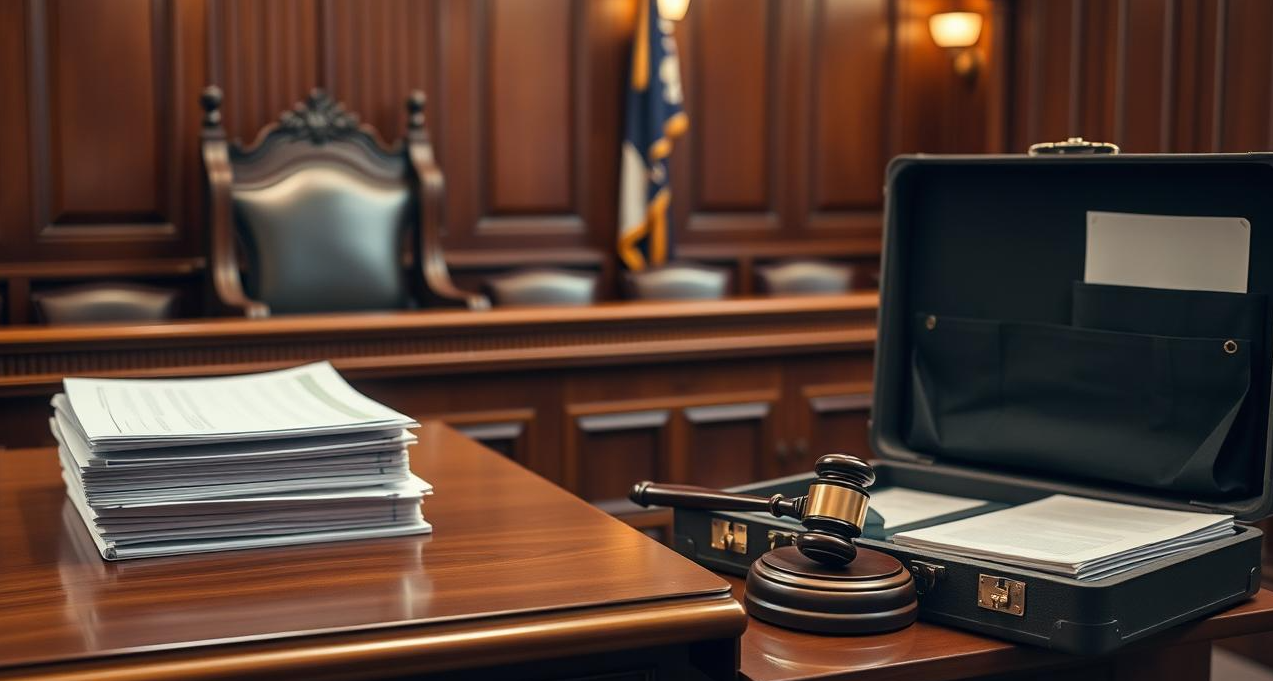Did you know 95% of civil cases in Australia settle out of court? This shows how vital a skilled lawyer is in building a strong case. They help whether you’re in a complex dispute or fighting for your rights.
This guide will teach you how to build a strong legal case in Australia. You’ll learn how to pick the right lawyer, gather important evidence, and prepare your case. You’ll also understand the litigation process to get the best outcome. Knowing these steps can help you succeed and get the resolution you want.
Key Takeaways
- Understand the importance of selecting the right lawyer with the necessary experience and expertise
- Learn how to establish effective communication and rapport with your lawyer
- Discover strategies for gathering relevant documents and obtaining witness statements
- Explore the steps involved in the litigation process, including case preparation and presentation
- Gain insights into settlement negotiations and the appeals process
Selecting the Right Lawyer
Choosing the right lawyer is key to a strong legal case. Look for a solicitor with lots of experience and expertise in your case’s area of law. They should have a good track record and know the laws and procedures well.
It’s also important to find a lawyer you can communicate with well and build a good rapport with. This helps them understand your situation, give you specific advice, and work with you during the legal process.
Experience and Expertise
Your lawyer should have a lot of experience and expertise in your legal matter. They should know the latest laws and practices, and have won cases like yours before.
Communication and Rapport
Good communication and a strong rapport with your lawyer are vital. They should listen well, explain things clearly, and answer your questions quickly. A good relationship builds trust and helps your lawyer represent you well.
By picking a lawyer with the right experience, expertise, communication skills, and rapport, you’re on the path to a strong legal case. This will help you get the best outcome.
Evidence Gathering and Case Preparation
Building a strong legal case needs careful evidence collection and thorough preparation. Start by gathering all important documents like contracts and financial records. These support your claims and form the base of your legal argument.
Collecting Relevant Documents
Your lawyer will help you find and get the key documents for your case. They will guide you in reviewing and sorting these documents. This makes sure they are easy to find and can be presented well in court or during talks.
Witness Statements and Depositions
Along with physical evidence, witness statements and depositions are crucial. Your lawyer will help you find and talk to important witnesses. Their accounts can back up your claims, making your case stronger and more believable.
FAQ
How can I select the right lawyer to build a strong legal case?
When choosing a lawyer, look for someone with lots of experience in your area of need. They should have a good track record and know the laws well. It’s also key to find someone you can talk to easily and feel comfortable with.
What is the importance of evidence gathering and case preparation?
Gathering strong evidence and preparing your case well is crucial. Start by collecting all important documents. Also, get witness statements and conduct depositions to strengthen your case. Your lawyer will help you with this.
Good preparation means you’ll be ready to present a strong case in court or during negotiations.
How can I effectively communicate with my lawyer?
Good communication with your lawyer is key. Keep them updated on any new information and ask questions. Be quick to respond to their requests and work together on your strategy.
This way, your lawyer will fully understand your case and can represent you best.
What should I expect during the litigation process?
The litigation process can be complex and varies by case. It may include filing a complaint, discovery, motions, negotiations, and possibly a trial. Your lawyer will guide you through each step.
They will explain the timeline, your rights, and the strategies to get the best outcome. They will also present your case in court.
What happens if my case is not resolved through litigation?
If your case doesn’t settle through litigation, you might have other options. Your lawyer will advise on the best next steps, like appealing or using mediation. They will help you develop a strategy and advocate for you.
The goal is to give you every chance to get a good outcome, even if the first attempt doesn’t work.

